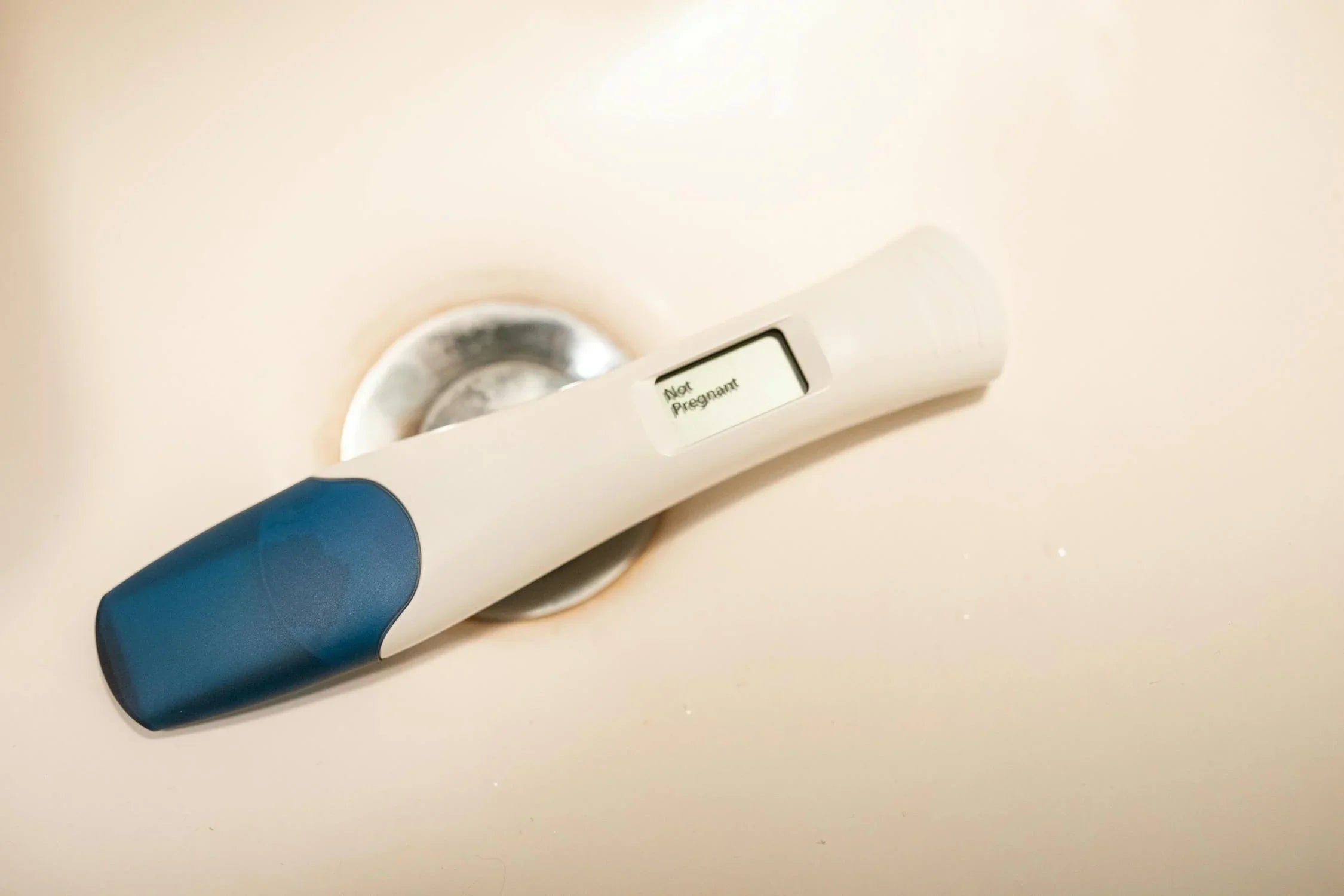Accueil
Pregnancy, Breastfeeding, and Pumping: The Ultimate Guide for Moms
What the Earliest to Take a Pregnancy Test: A Comprehensive Guide

What the Earliest to Take a Pregnancy Test: A Comprehensive Guide
Are you wondering when you can take a pregnancy test to get the most accurate results? The journey to confirming pregnancy can be both exciting and nerve-wracking. Understanding the science behind pregnancy tests and the optimal timing can help you navigate this process with confidence. Let’s dive into everything you need to know about the earliest time to take a pregnancy test.
How Pregnancy Tests Work
Pregnancy tests detect the presence of a hormone called human chorionic gonadotropin (hCG) in your urine or blood. This hormone is produced by the placenta shortly after a fertilized egg attaches to the uterine lining. The levels of hCG increase rapidly in the early stages of pregnancy, doubling approximately every 48 to 72 hours.
When Can You Take a Pregnancy Test?
The earliest you can take a pregnancy test depends on the sensitivity of the test and the timing of ovulation and implantation. Here’s a breakdown:
Before a Missed Period
Some highly sensitive pregnancy tests can detect hCG levels as low as 10 mIU/mL, allowing you to test as early as 6 to 8 days after ovulation. However, testing this early may result in a false negative if hCG levels are still too low to detect.
After a Missed Period
For the most accurate results, it’s recommended to wait until after you’ve missed your period. By this time, hCG levels are typically high enough to be detected by most pregnancy tests.
Factors Affecting Test Accuracy
Several factors can influence the accuracy of a pregnancy test, including:
- Timing: Testing too early can lead to false negatives.
- Test Sensitivity: Different tests have varying levels of sensitivity to hCG.
- Urine Concentration: Using first-morning urine, which is more concentrated, can improve accuracy.
- Medications: Certain medications can interfere with test results.
Types of Pregnancy Tests
There are two main types of pregnancy tests:
Urine Tests
These are the most common and can be done at home. They are convenient, affordable, and provide quick results.
Blood Tests
Conducted at a healthcare provider’s office, blood tests can detect pregnancy earlier than urine tests and measure the exact amount of hCG in your blood.
Tips for Accurate Testing
To ensure the most accurate results, follow these tips:
- Read the instructions carefully before taking the test.
- Use first-morning urine for the highest concentration of hCG.
- Avoid drinking excessive fluids before testing, as it can dilute hCG levels.
- Wait the recommended amount of time before reading the results.
- If you receive a negative result but still suspect pregnancy, retest after a few days.
What to Do After a Positive Test
If your pregnancy test is positive, it’s important to schedule an appointment with a healthcare provider to confirm the results and begin prenatal care. Early prenatal care is crucial for the health of both you and your baby.
Common Myths About Pregnancy Testing
There are several misconceptions about pregnancy tests that can lead to confusion. Here are a few common myths debunked:
- Myth: You can’t get a false positive. Fact: While rare, false positives can occur due to certain medical conditions or medications.
- Myth: All pregnancy tests are the same. Fact: Tests vary in sensitivity and accuracy.
- Myth: You need to wait weeks after a missed period to test. Fact: Most tests can provide accurate results shortly after a missed period.
When to Seek Medical Advice
If you experience symptoms of pregnancy but receive negative test results, or if you have concerns about your test results, consult a healthcare provider. They can perform additional tests and provide guidance based on your individual situation.
Understanding the earliest time to take a pregnancy test can help you approach this important milestone with confidence. By knowing how pregnancy tests work, the factors that affect their accuracy, and the steps to take after a positive result, you can make informed decisions about your health and well-being. Whether you’re eagerly hoping for a positive result or preparing for the next steps, knowledge is your greatest ally in this journey.
Partager
